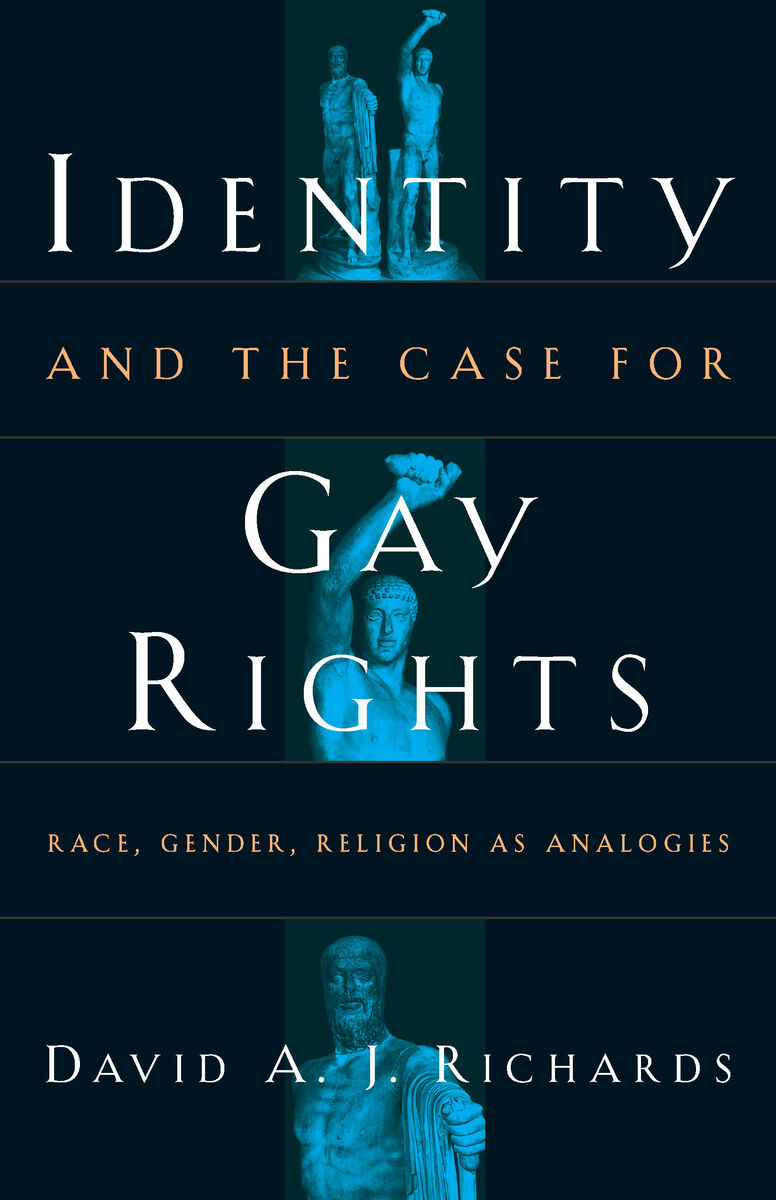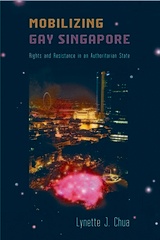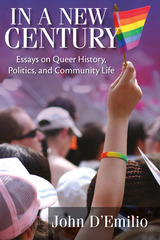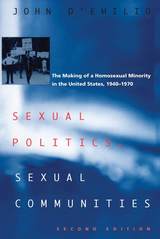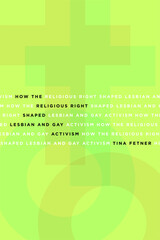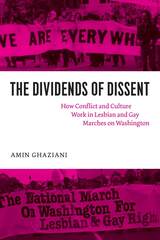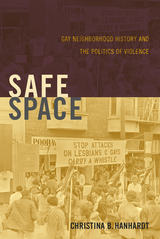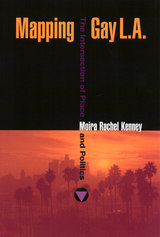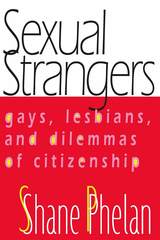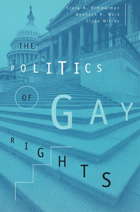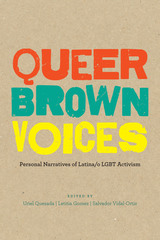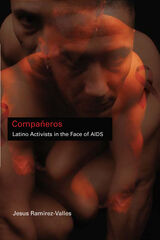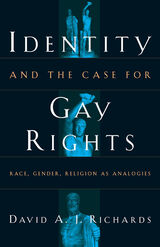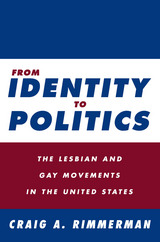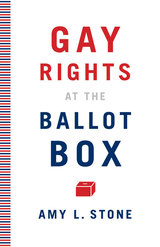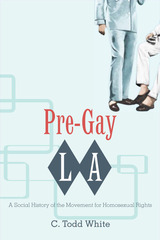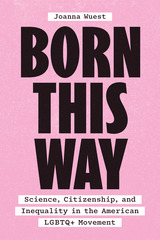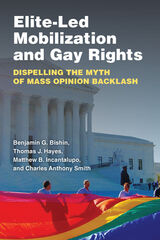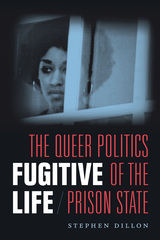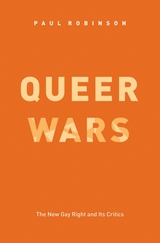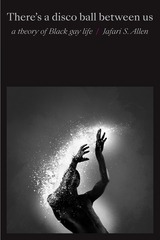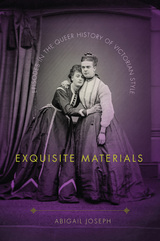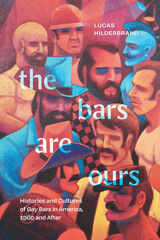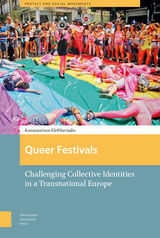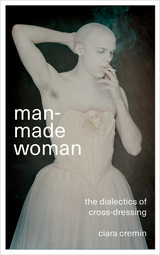Identity and the Case for Gay Rights: Race, Gender, Religion as Analogies
University of Chicago Press, 1999
Cloth: 978-0-226-71208-6 | Paper: 978-0-226-71209-3
Library of Congress Classification HQ76.8.U5R53 1999
Dewey Decimal Classification 305.90664
Cloth: 978-0-226-71208-6 | Paper: 978-0-226-71209-3
Library of Congress Classification HQ76.8.U5R53 1999
Dewey Decimal Classification 305.90664
ABOUT THIS BOOK | TOC | REQUEST ACCESSIBLE FILE
ABOUT THIS BOOK
How should we chart a course toward legal recognition of gay rights as basic human rights? In this enlightening study, legal scholar David Richards explores the connections between gay rights and three successful civil rights movements—black civil rights, feminism, and religious toleration—to determine how these might serve as analogies for the gay rights movement.
Richards argues that racial and gender struggles are informative but partial models. As in these movements, achieving gay rights requires eliminating unjust stereotypes and allowing one's identity to develop free from intolerant views. Richards stresses, however, that gay identity is an ethical choice based on gender equality. Thus the right to religious freedom offers the most compelling analogy for a gay rights movement because gay identity should be protected legally as an ethical decision of conscience.
A thoughtful and highly original voice in the struggle for gay rights, David Richards is the first to argue that discrimination is like religious intolerance-denial of full humanity to individuals because of their identity and moral commitments to gender equality.
Richards argues that racial and gender struggles are informative but partial models. As in these movements, achieving gay rights requires eliminating unjust stereotypes and allowing one's identity to develop free from intolerant views. Richards stresses, however, that gay identity is an ethical choice based on gender equality. Thus the right to religious freedom offers the most compelling analogy for a gay rights movement because gay identity should be protected legally as an ethical decision of conscience.
A thoughtful and highly original voice in the struggle for gay rights, David Richards is the first to argue that discrimination is like religious intolerance-denial of full humanity to individuals because of their identity and moral commitments to gender equality.
See other books on: Freedom of religion | Gay people | Gays | Identity (Psychology) | Women's rights
See other titles from University of Chicago Press
